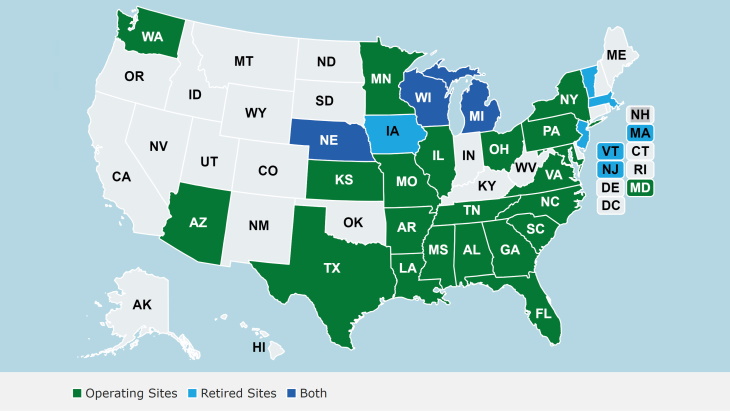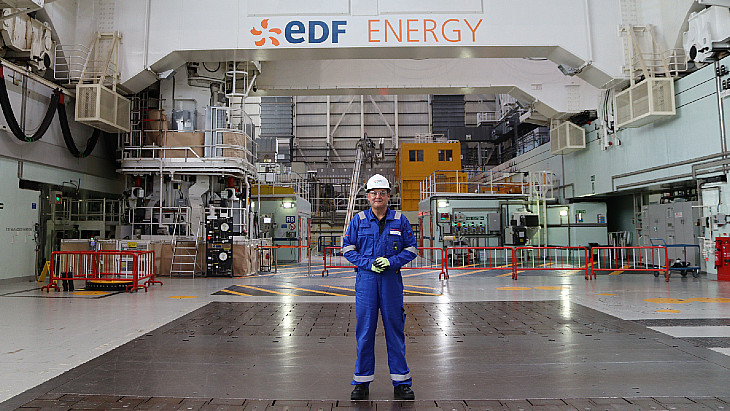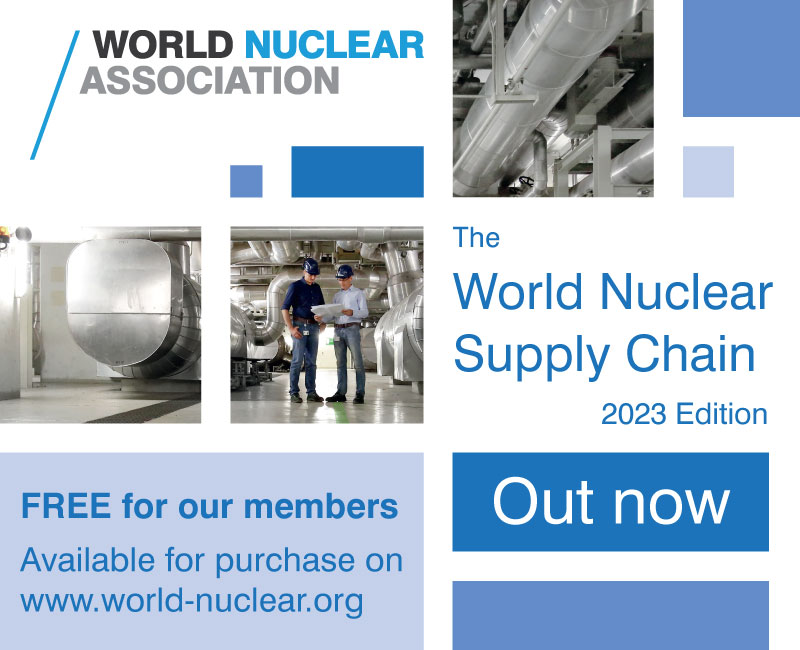Foratom calls for action to avoid skills shortage
.jpg)
"Society is facing significant challenges in terms of climate change, access to affordable energy, health and employment," Foratom said. "The European nuclear sector stands ready to meet these challenges."
However, the position paper says the European nuclear sector as a whole is facing a skills shortage. Industry, research institutes and universities are all facing the same issue because there are fewer secondary students choosing STEM (science, technology, engineering and mathematics) subjects in higher education. Foratom said the problem is exacerbated by a lack of positive political support for important nuclear technologies, which has an impact on the number of young people interested in studying nuclear subjects.
"The industry, as well as policymakers at both EU and Member State level must work together to ensure that Europe can maintain its highly skilled nuclear workforce, thus ensuring long-term benefits for our society," Foratom said.
Foratom says the EU nuclear industry - which currently supports around one million jobs - must invest in and maintain human capital by working closely with local and national governments and other stakeholders to make the industry more attractive to young people. It should also ensure a closer collaboration with research institutes and universities to attract more people into the nuclear field while making sure that they have the right skills. Industry should also assess the different types of skills – and size of the workforce – which it will need over the next 30 years. Enhancing innovation in the decommissioning sector will maintain the necessary workforce and skills needed to handle the end of life of nuclear plants, Foratom said. Industry needs to promote the potential of innovation, research and development with the goal of attracting talented young professionals in highly innovative initiatives.
"Some national policies tend to suggest that there is no future for nuclear in the EU, thus discouraging young people from joining the nuclear field," according to Foratom. "This trend must be reversed, with EU policies speaking more positively on nuclear."
Policies must be developed and implemented which encourage young people to study and work in the nuclear field, by speaking more positively about the benefits which nuclear provides to society, the position paper says. Policies, it says, must be based on robust scientific facts. EU funds allocated to nuclear education and training should be increased. Policymakers should apply a long-term approach to EU funded projects in the field of education and training. In addition, policymakers, educational systems and industry should work together to ensure generation transition and competence transfer, as well as to help the workforce adapt to new technologies.
"The European nuclear sector brings significant benefits to our day-to-day lives," said Foratom Director General Yves Desbazeille. "From helping the EU to fight climate change, to providing access to life-saving treatment and supporting a wide range of European based jobs at different levels, nuclear helps us meet the challenges our society faces."
_92619.jpg)












